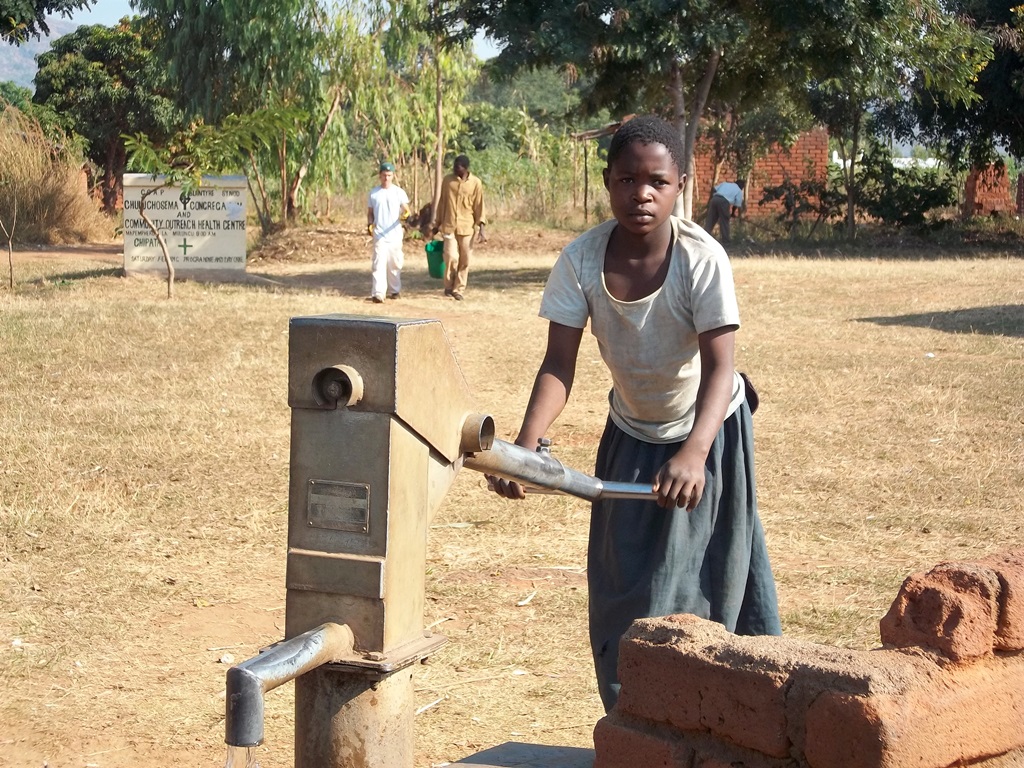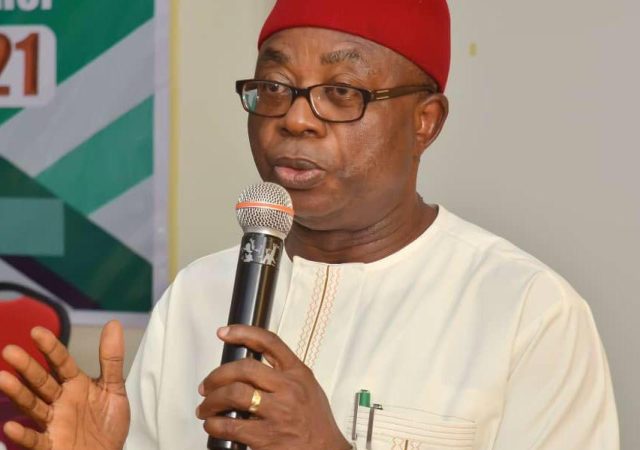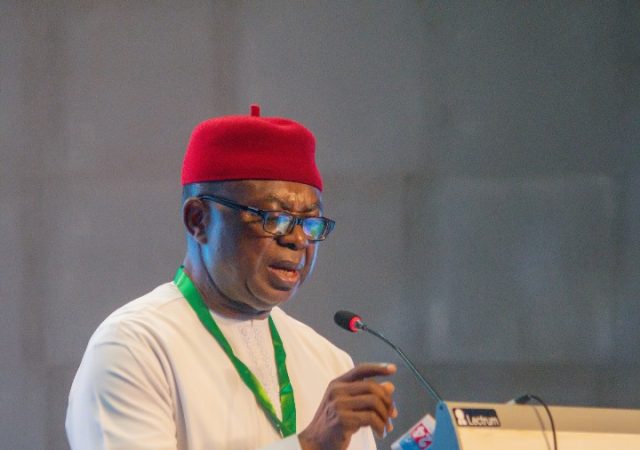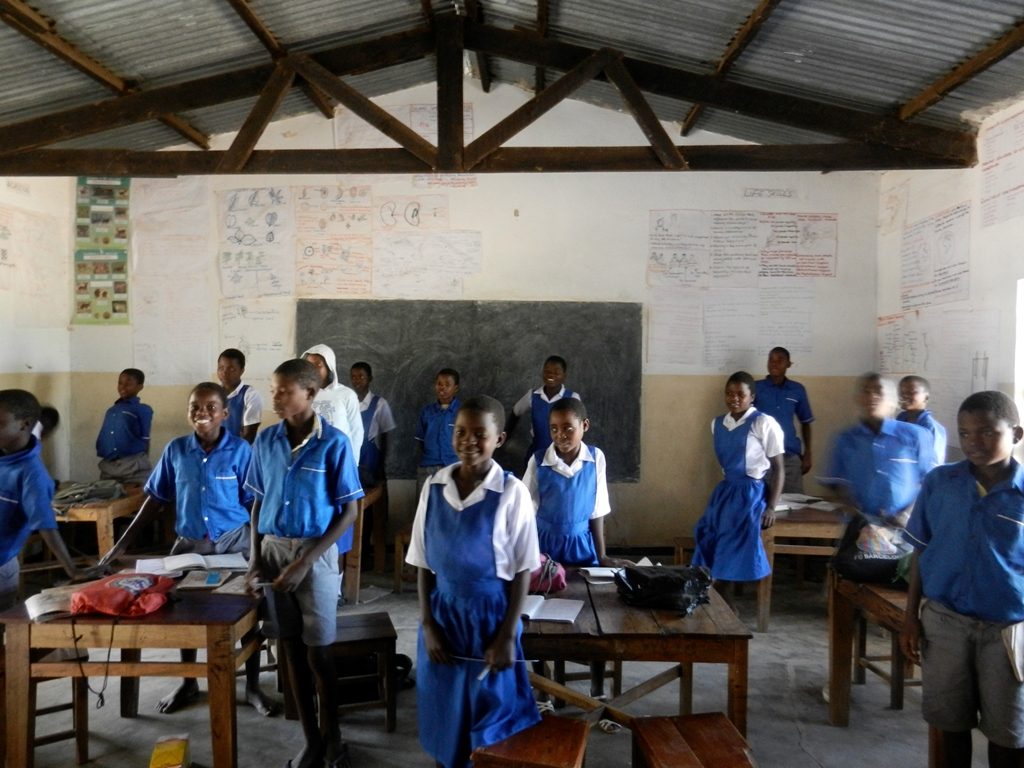
By Diahann JohnBaptiste, MPA, MS, NCC, LAPC
While working on my master’s degree in counseling, I signed up to volunteer with an outreach missions program (Mercer on Mission by Mercer University) that offered students a service learning experience. This study abroad program gave students hands-on, applied experience in conservation, public health, and education initiatives that serve a critical community need. This was an opportunity of a lifetime to participate in international volunteerism. Mercer on Mission is a unique experience that combines a study abroad experience with service learning. The MOM experience is intended to provide life-changing experiences for Mercer University students through the means of cultural immersion, meaningful service, and spiritual reflection.
I was part of a team of 15 volunteers (2 professors and 13 students). My experience with Mercer on Mission in Malawi, Africa was life changing! My expectations of the mission trip were matched on a visual and physical perspective. As our group volunteered in the Chuluchosema Village, our efforts made an immeasurable difference in the lives of the villagers. The main objective of the trip was to successfully install a solar-powered water pump in the Chuluchosema Village that would bring running water to the village infirmary. The entire team worked hard at digging trenches to lay pipes for water to run from a water source (a local river) to the infirmary.
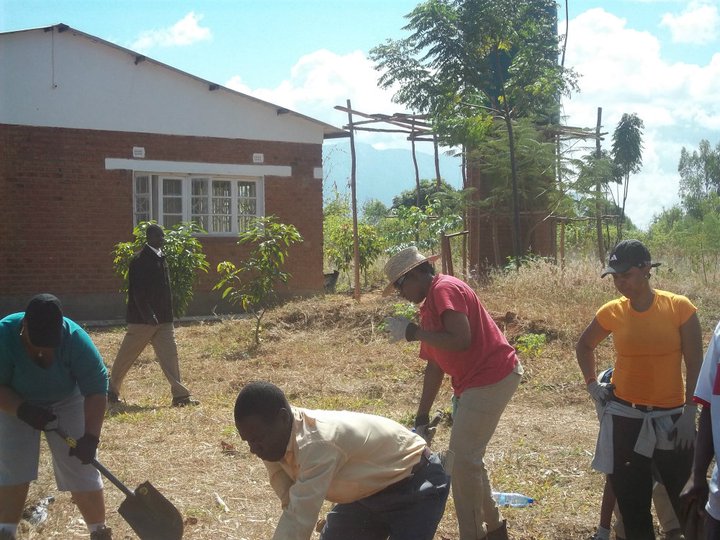
Although, the installation of the solar-powered water pump at Chuluchosema was done to improve accessibility to water, it did not address the issue of eliminating water contamination. As we completed the water pump installation project, I remain concerned with the issue of contamination in the water supply at the village. The water from the well and stream may be a source of disease. The water samples taken from both the well and water stream showed fecal contamination. I was shocked and alarmed by the water testing results since the villagers use the water for all domestic purposes. Inevitability, I had to remind myself to be content with the success of the installation as it was truly rewarding to see water run from the facets in the infirmary and to witness water coming from the spigot that was installed in the village.
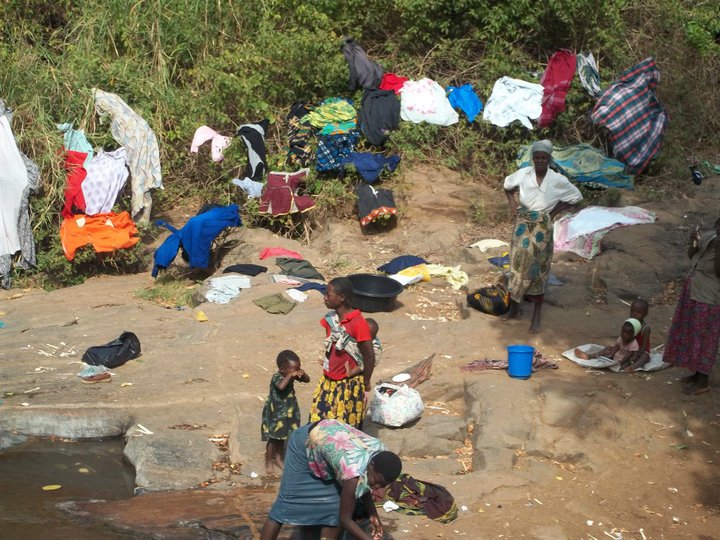
One of the better-known benefits of volunteering is the impact on the community. Volunteering allowed me to meet people that I am still connected with today. Although I came to Malawi to help and make a difference in the lives of the individuals there, I also benefited from the experience on a spiritual, educational, and emotional level. Volunteering is a two-way street as I learned to better appreciate the abundant resources that are available to me in the United States, such as clean water.
Giving a helping hand helps to develop a solid support system, which in turn protects improves mental health, and reduces stress and anxiety. I was not totally prepared for the “emotional” journey I experienced on the trip, however I knew the opportunity to volunteer in Africa would be a once in a lifetime experience for me. This experience helped to expose personal strengths and weaknesses. When faced with personal challenges, I learned how to cope, take charge when needed.
Additionally, cultural differences influence the way people interact so we took advantage of opportunities to spend time with local Malawians during our free time by visiting the markets. Malawians are very nice people so, developing relationships were not found to be difficult.
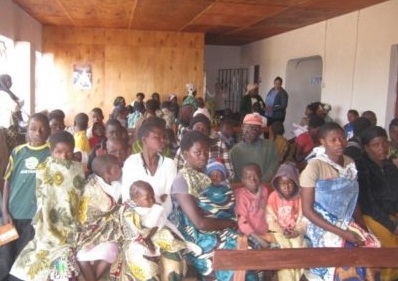
I also reflect on the lessons taught to us by so many individuals. I truly enjoyed our visit to the Mulange Mountain Conservation Trust (MMCT) and the discussion with Mr. David Nangoma. Mr. Nangoma shared with the group the various objectives the MMCT carry out in order to improve the community. Mr. Nangoma’s visceral reaction to our questions were engaging and showed his passion to improving the environment and sustaining the viability of Mt. Mulange. Some of the objectives he shared with us were:
Environmental Education, Awareness, and Communication: this goal is to educate the community about the resources of Mt. Mulange and the role they play to impact the forest reserve. Local and distant communities are educated by utilizing publications, websites, etc.
Forest Co-Management and Conservation: this program makes meaning of conservation and sustainability. Building alliances in conservation and making sure people understands efforts.
Conservation, Research, and Monitoring: the main objective of this program is to conduct research to make informed decisions.
Mr. Nangoma informed us of the need for epidemiologists, aquatic biologists, and individuals in the human services field to assist with research in Malawi. The MMCT would like to have continued research on forest regeneration, conservation and sustainability, and climate change. Furthermore the topic of Community Based Natural Resource Management was discussed. Mr. Nangoma educated us on the initiatives the MMCT has taken to make the community more accountable for the preservation of Mt. Mulange by creating opportunities for the local community to “co-manage” sections of the forest to promote small business development. Community members entered into contracts with the government with the intention of protecting and managing sections of land given to them to develop. Some members have produced harvest items for sale, beekeeping, and even fruit canning. Overall, the visit to MMCT was very informative and enlightening. Visiting MMCT had educational value.
Volunteering in Malawi provided a sense of purpose in making a difference in the lives of others. Volunteering in countries such as Malawi helps to bridge the gap between America and countries struggling with poverty, and health crisis. Malawi like other countries in the Sub-Saharan Africa region has been severely affected by the HIV/AIDS epidemic. According to an article published on line by USAID that was last updated on September 26, 2016, “although the prevalence of HIV has decreased from 12 percent to 10.6 from 2004 to 2010, there is still an estimated 1.1 million Malawians living with HIV and over 771,000 orphaned children, many due to AIDS” (source: https://www.usaid.gov/malawi/fact-sheets/malawi-hivaids-fact-sheet). The benefit of completing the work on the infirmary and the immersion of interacting with those seeking assistance helped to overcome the sense of detachment that exists in our society.
The work done in the Chuluchosema Village will help those seeking medical attention. The centralized effort to address the health burden related to the lack of running water, and access to clean water benefited the villagers as they lacked basic sanitation. Villagers heavily utilized the water source of the near-by river as they engage in unsanitary activities like open defecation and urination, doing laundry, and solid waste disposal.
Overall, I am very grateful for the experience I had in Malawi and the lessons I have learned about environmental sustainability and international volunteering. The MOM trip has helped to shape my thinking about volunteerism. I have always remained active in my community by participating in various volunteer activities, but my exposure to Malawi has broaden my vision about the social, psychological, emotional, and financial reach of volunteering. MOM helped me to step out of my comfort zone. It helped me to achieve personal goals and set new ones! Volunteering caused me to become more self-aware of waste and over consumption of our natural resources. I encourage everyone to seek out opportunities to volunteer as the experience has proven to make an impact on the lives of people and the environment.
Diahann ,a licensed Minister and Clinical Mental Health Therapist lives in Atlanta




